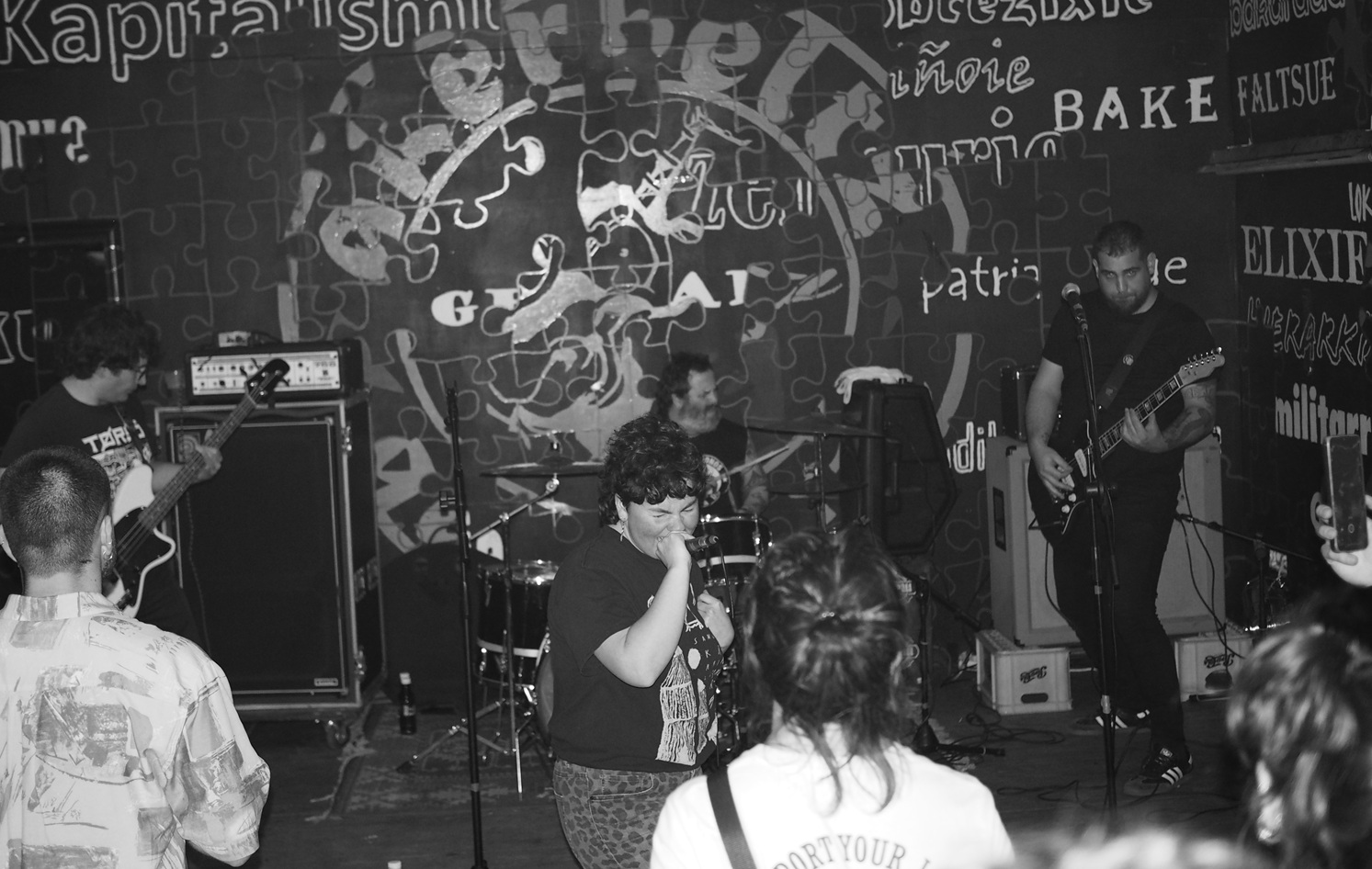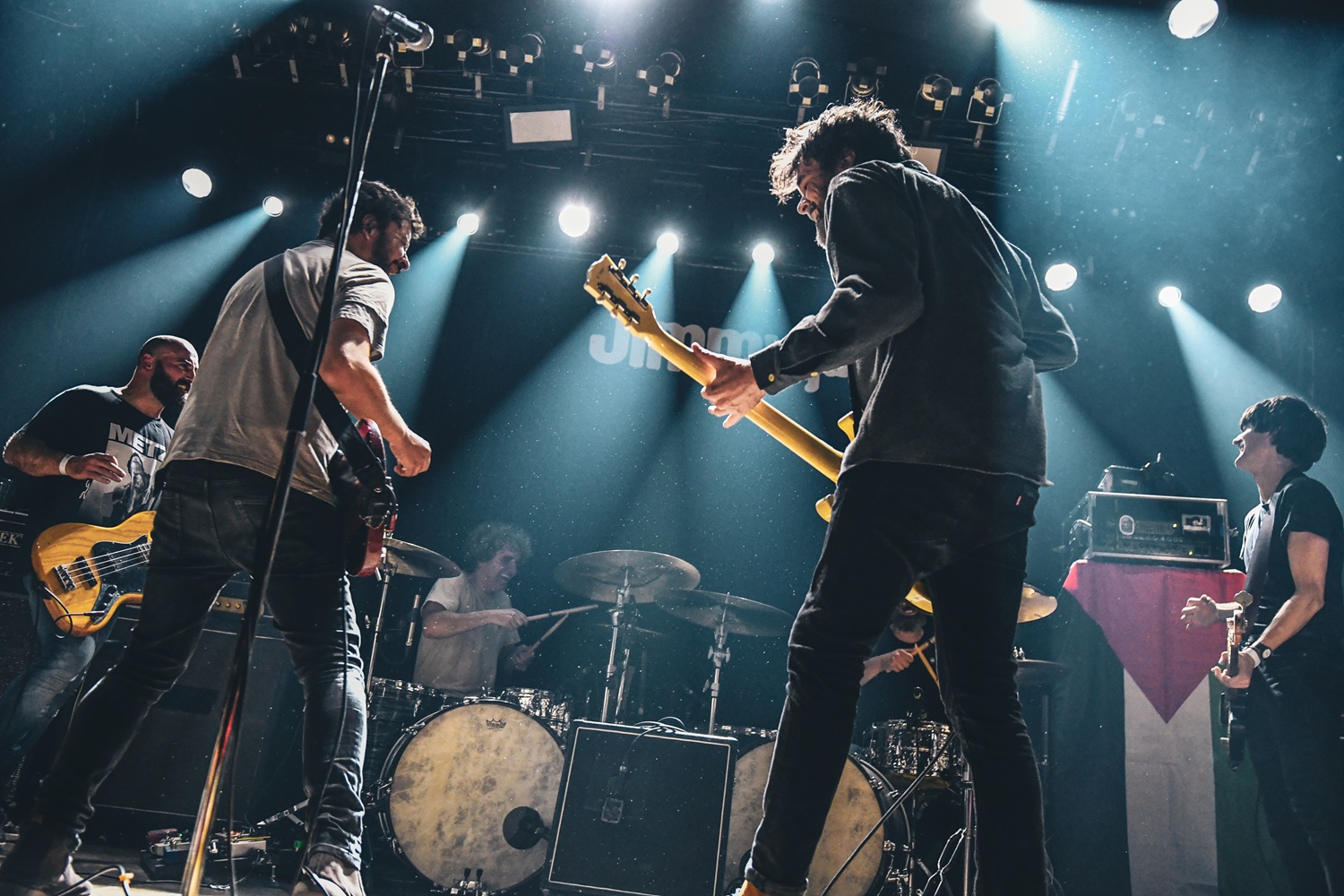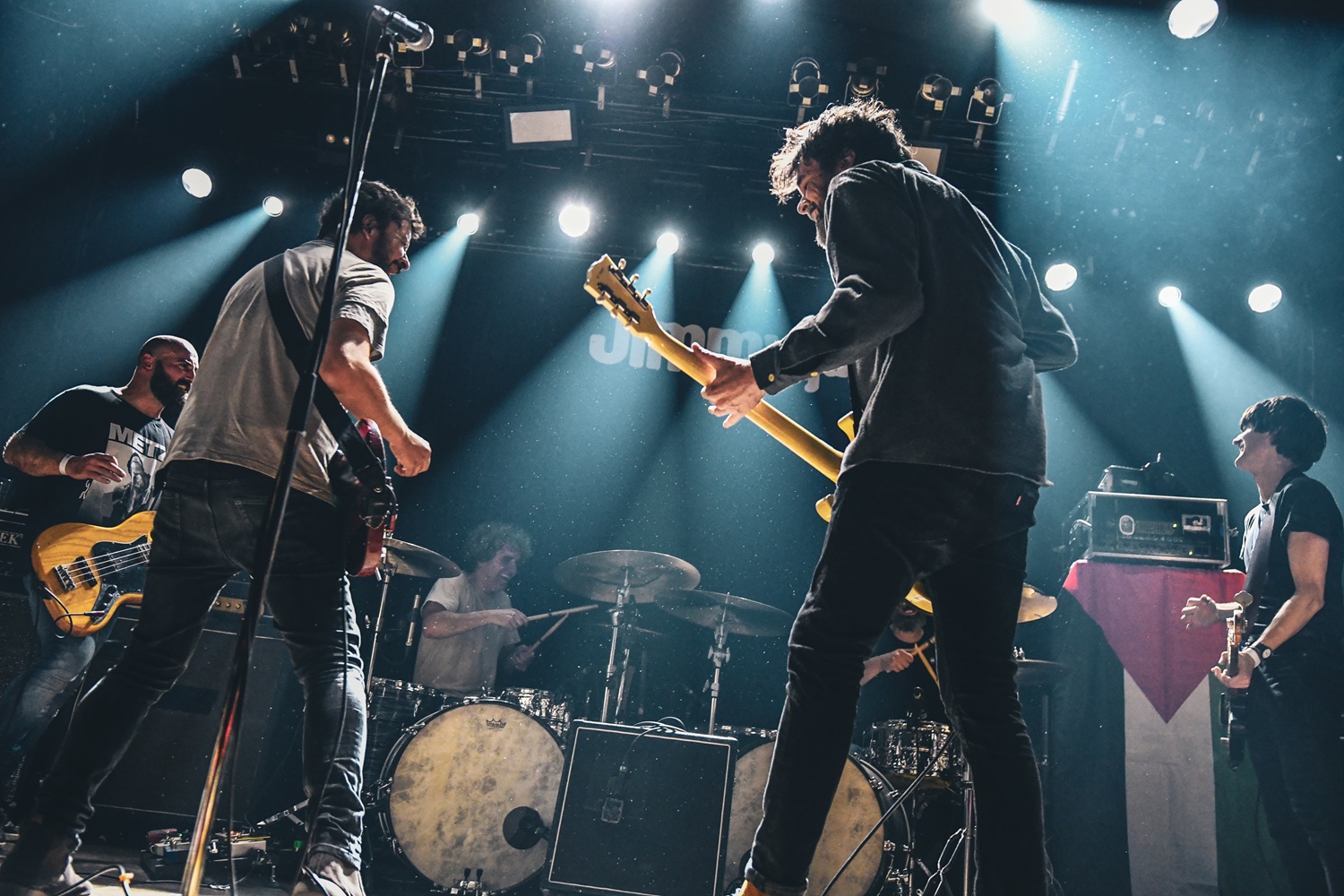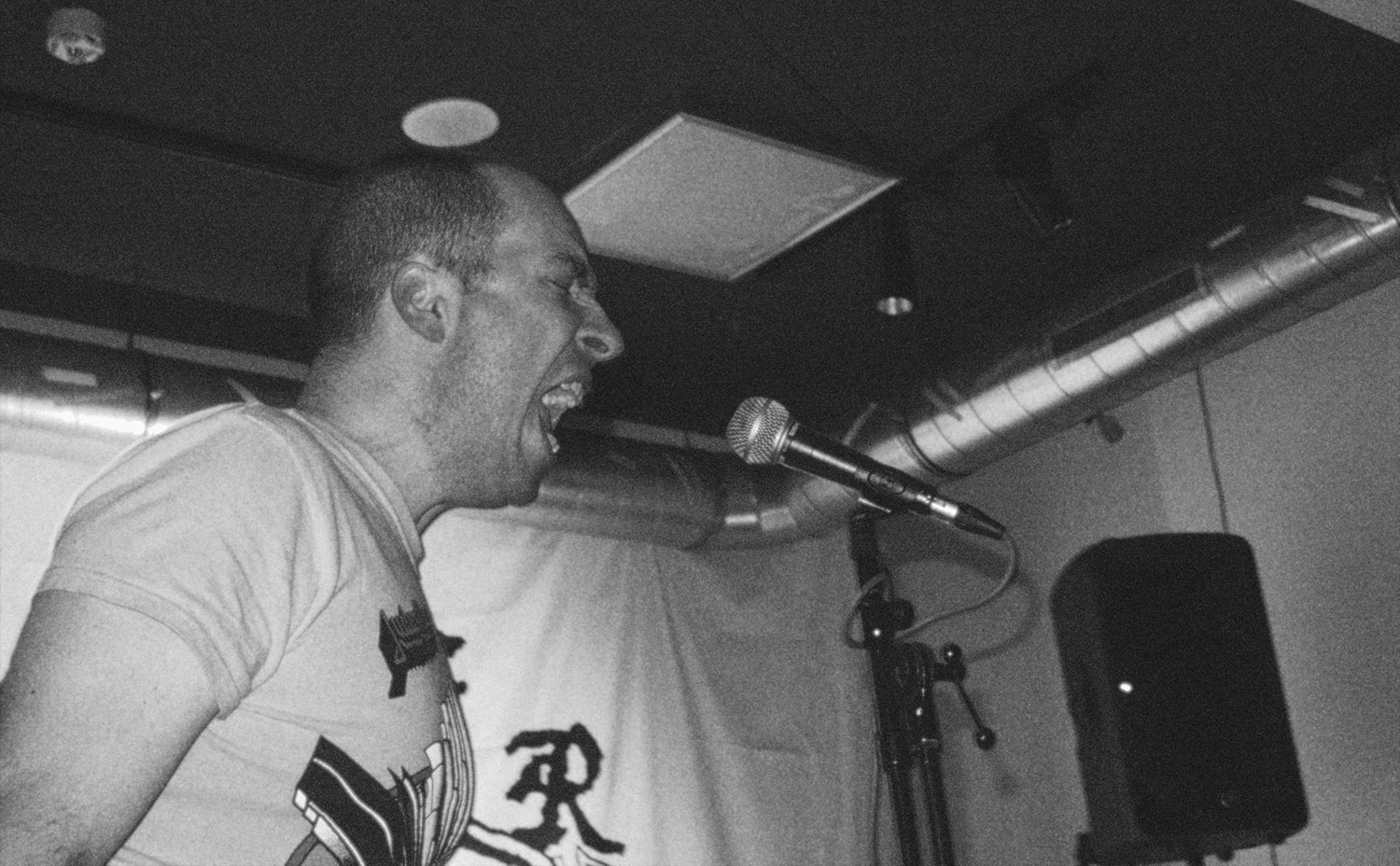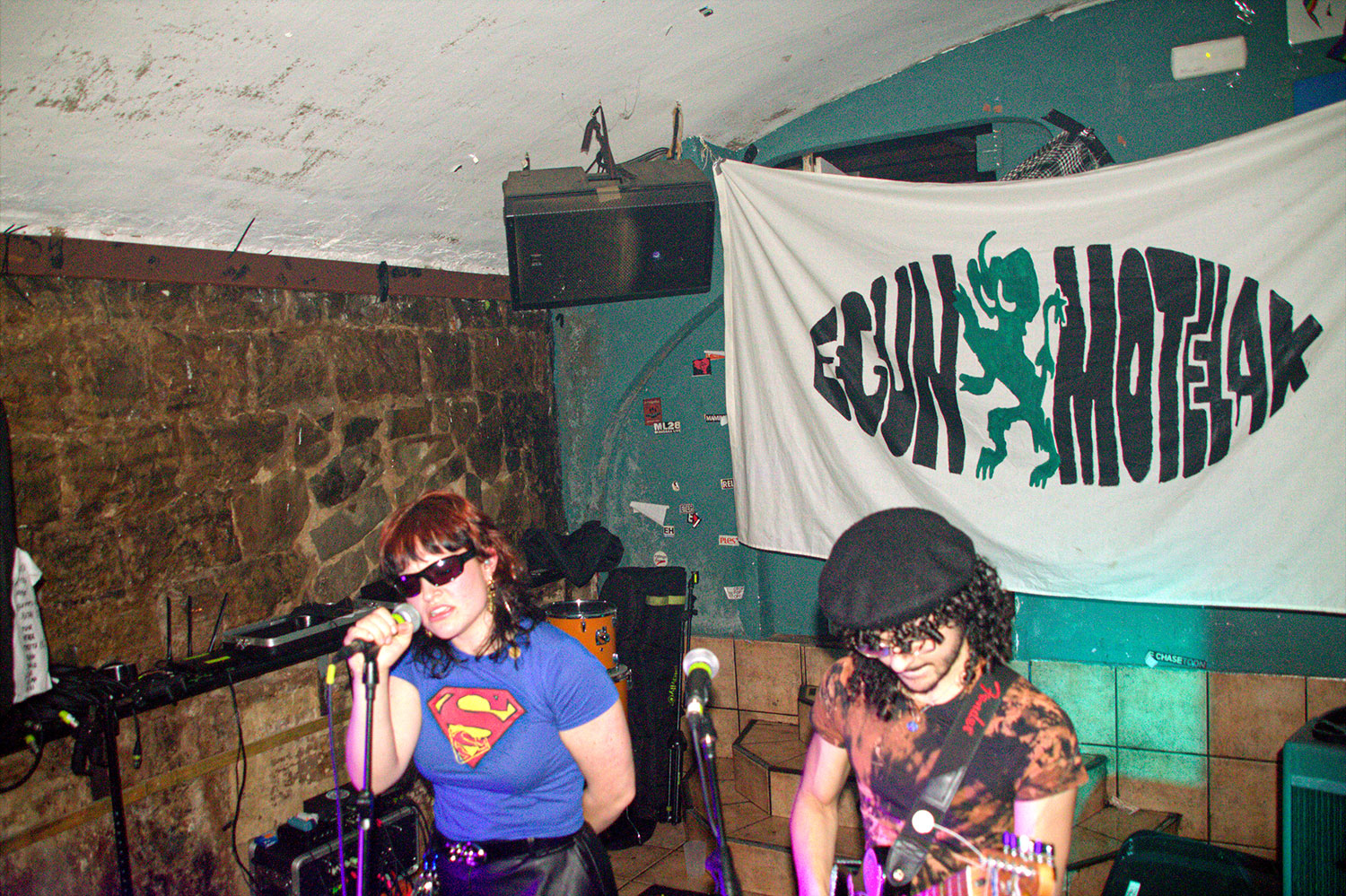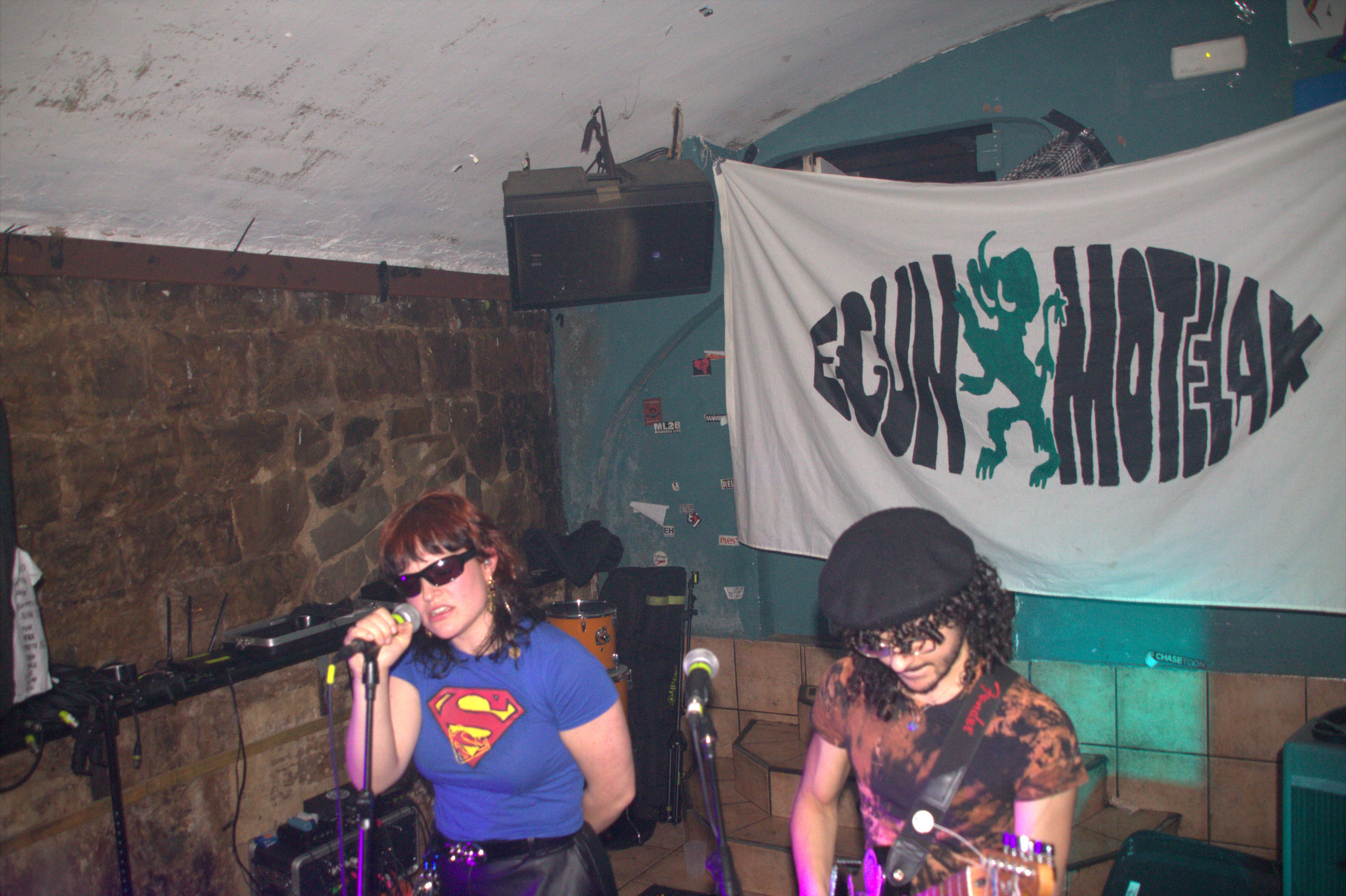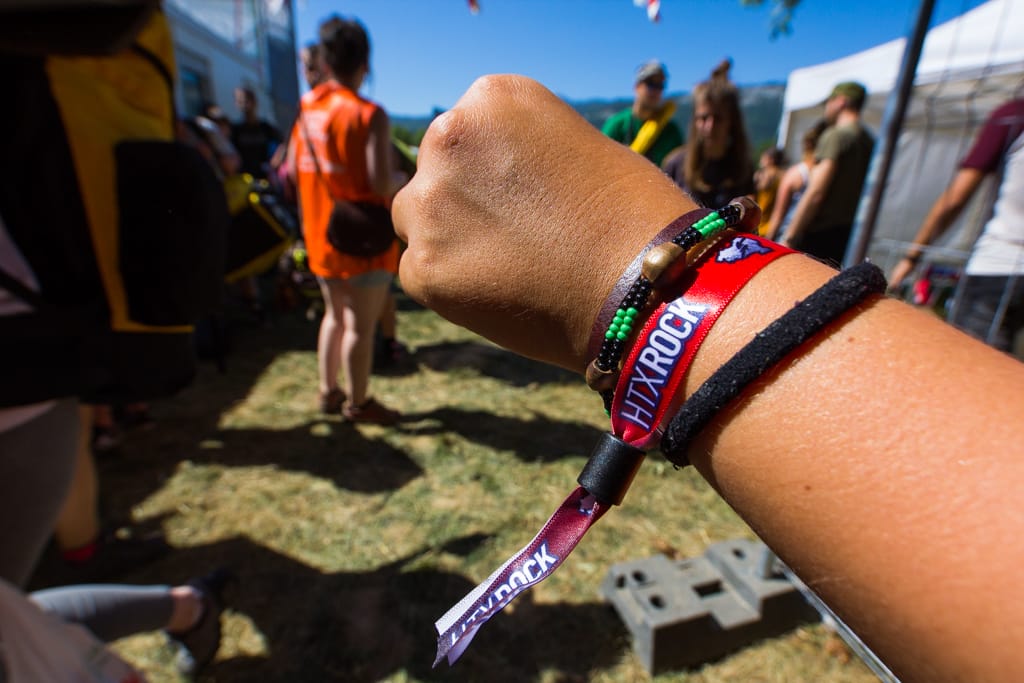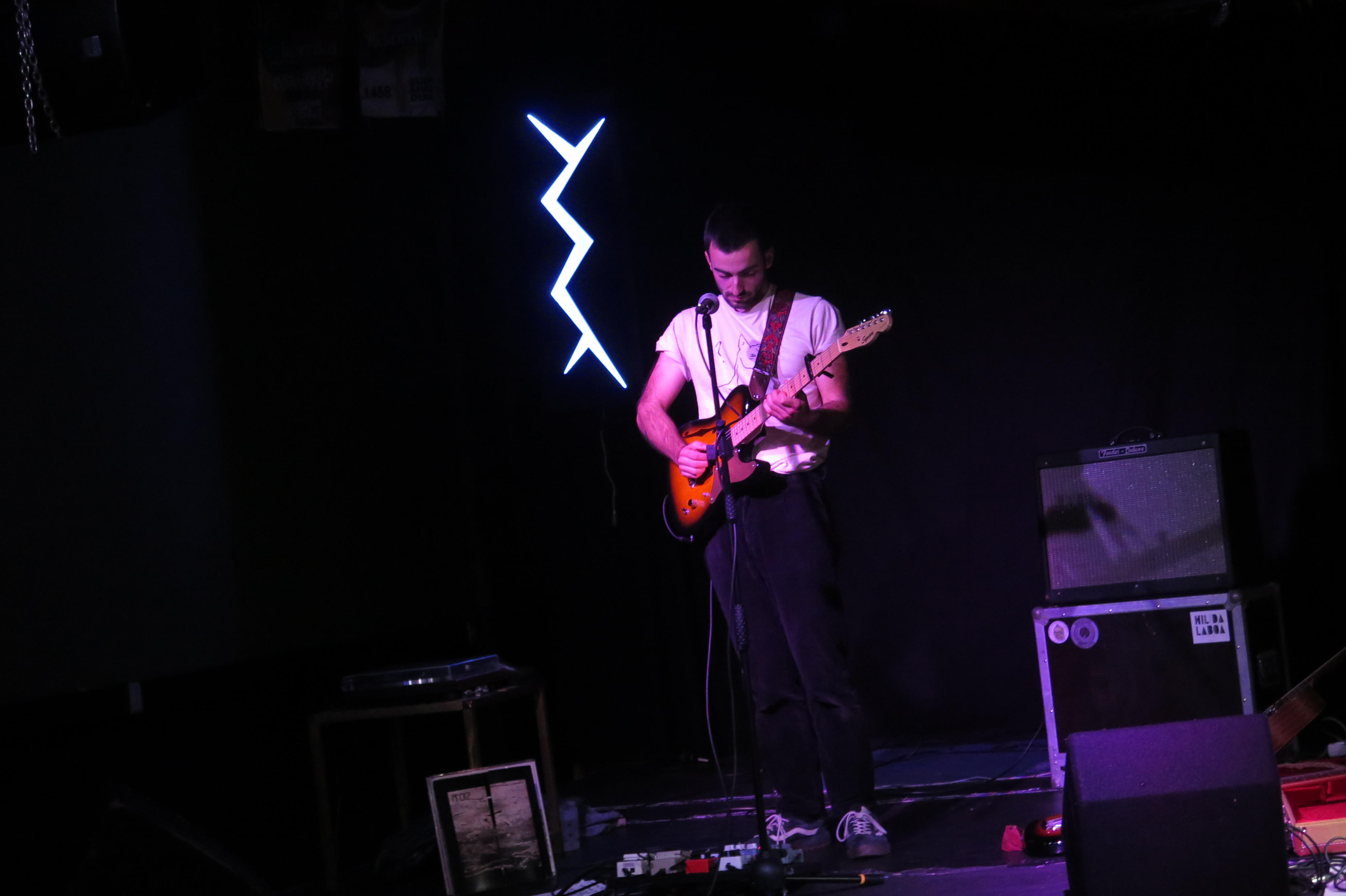Experimentation and mestizaje: here is this year’s edition of the Robi festival
- In these days when increasingly thin sections of newspaper culture are flooding with festive music, in the middle of this summer when we are not going to have a CER, whoever is looking for something else still has an alternative to go to a festival that escapes massification, where you will not find giant posters of multinational beers: The annual Festival of Robi Itsasun.

Looking at the poster of this year’s edition you don’t see “big” names – a warning – but the possibility of discovering new things is one of the characteristics that makes the festival different. Conceived as a meeting place between cultures, the festival will begin on July 20 with a conversation focused on personality, transmission and creation, and on that first day one of the local musicians will appear in public, closely related to the festival: Assisted by Beñat Achiary. The singer from Donapaleu has a direct surprise, as anyone who has seen him on stage with Joseba Irfari will know, this time he will perform with the accordionist Jesus Aured accompanied by a dance show by Mizel Théret.
From there, a travel ticket: Distribución Bartok will take listeners from Basque songs to Hungary, the Balkans and Turkish music and, on the same day, Benjamin Moussay and Keyvan Chemiranik will bring Iranian jazz.
Ablaye Cissoko and Ensemble Constantinople together on July 21
Cissoko combines jazz music with African roots in his works
Next Friday seems, at least in the first blow, the most complete day of the festival. One of the main names of this year’s Robi festival will appear well into the evening: Senegalese Ablaye Cisso. He belongs to a family of griots, bards or storytellers known in West African traditions; and he plays the kora, a traditional Senegalese string instrument. He has a long career combining jazz with music that he drinks from his African roots. He will be accompanied on stage by the Montreal Constantinople Ensemble, which has released numerous albums since 1988, reinterpreting in his own way medieval and renaissance music, traditional Quebec songs and songs of Jews from the Iberian Peninsula, among others. It has been presented as an “inedito and poetic meeting” by the festival’s leaders.
It will be preceded by an improvisation session by two groups: Eléonore Fourniau and Bastien Fontanille, on the one hand, and Bijan Etemad-Moghadam, Christine Martineau and Jordi Cassagne, on the other. The Forró de Fòra, which will follow, will unveil the style of Forró that is often used for dance in Brazil, while five dancers will be staging Mizel Théret’s show The Escape of the Xori.
Women of Rojava as protagonists
The festival will pay tribute to the fighting women of Kurdistan on Saturday 22nd. The musicians Julie Lobato, Christine Zayed and Eléonore Fourniau and the poet Yohann Villanua will think of the “Roses of Rojava”. Other highlights of the day include Congolese percussions and dances, as well as an experimental session by Mehdi Chaïb, Léo Rathier and Fawzi Berger, combining gnawa music from Morocco and Algeria with one of Brazil’s maracatu rituals – obviously improvisation and experimentation are the festival’s home brand.
Saturday night’s concerts seem to begin quietly as Beyond brings the wild relatives of the Zubero Mountains. Songs of this type are usually made with pure voice, but in this case, retaining the spirit of traditional songs, the group will add percussions, clarinet and string instruments.
To end the day, the gypsy music of the Koçani Orchestra. The organizers are confident that the Macedonian team will lead to a “brilliant drive” that “would also encourage an army of the depressed.” The 22nd edition of the Robi Festival ends with the poetic hike of the following day.
Aposapo + Mäte + Daño Dolor
When: April 5th.
In which: In the Youth Center of Markina-Xemein.
---------------------------------------------------------
I’ve made my way to the cheese house with the shopping cart full of vegetables, and we’ve spent the evening cutting... [+]
Olatz Salvador
Noiz: martxoaren 15ean.
Non: Deustuko jaietan.
------------------------------------------------
Martxoak beti du deustuarrontzat kolore berezia; urtero ospatzen ditugu jaiak, San Jose egunaren bueltan. Bi asteburu bete festa, eta urtetik urtera Deustuko... [+]
Inoren Ero Ni + Lisabö
Noiz: martxoaren 14an.
Non: Gasteizko Jimmy Jazz aretoan.
----------------------------------------------------
Izotz-arriskuaren seinalea autoko pantailatxoan. Urkiola, bere mendilerro eta baso. Kontzertuetara bideko ohiko errituala: Inoren... [+]
Olor
Noiz: martxoaren 9an.
Non: Bilboko Sarean espazioan.
---------------------------------------------------------
Esperantza. iz. Nahi edo desiratzen dena gertatuko delako edo lortuko delako uste ona.
Izen horixe jarri zion Jokin Azpiazu Carballo Olor ermuarrak bere... [+]
Hiuzz + Bloñ + Adur
Noiz: otsailaren 15ean.
Non: Iruñeko Aitzina tabernan (Egun Motelak kolektiboa).
--------------------------------------------
Larunbat goiza Iruñean. Neguko eguzkitan lanera doazen gizon –eta ez gizon– bakarti batzuk... [+]
Things aren’t easy in fact, and it will be for one reason or another, but lately I’ve bitten my tongue more than I should for these two things: the culture of the sold out and the FOMO – the latter perhaps has to be explained, because it’s not said so many times: the... [+]
EMEADEDEI + MAHL KOBAT
WHEN: February 2nd.
IN WHICH: In the youth center of Zuia, Murguía.
----------------------------------------------------
On September 20 of last year, we first heard about collective music in the profile of the social network they had just created:... [+]
All
WHEN: January 18th.
IN WHICH: Jimmy Jazz of Vitoria-Gasteiz.
----------------------------------------------
I have a question in my mind lately: how much do things change in 30 years? Yes, reader, you guessed it: I’ve just turned three decades old. It will be a... [+]
Chulería, fuck!
WHEN: 5 January.
WHERE: At the Kafe Antzokia in Bilbao.
----------------------------------------------------
As I filled the room, looking down behind the railing above the theater, I've been playing to see if I find someone younger than me before the... [+]








